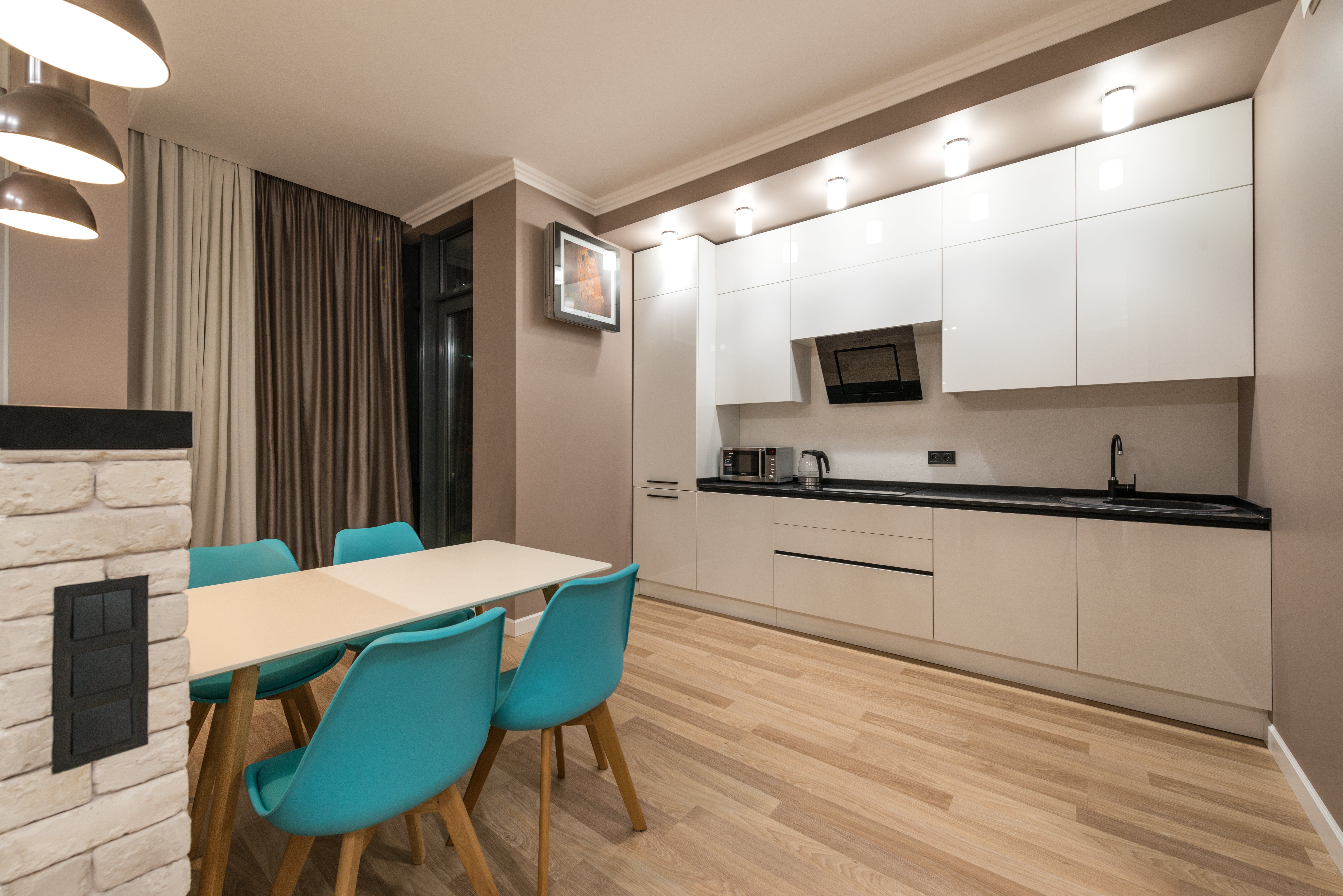Flooring is a crucial aspect of interior design, not only for its functionality but also for its aesthetic appeal. When it comes to choosing between hardwood and engineered wood flooring, homeowners often find themselves at a crossroads, grappling with the decision of which option suits their needs best.
Both hardwood and engineered wood flooring offer unique advantages and considerations, making the choice a matter of personal preference, lifestyle, and budget.
Understanding hardwood flooring
Traditional elegance and timeless appeal
Hardwood flooring has long been cherished for its classic elegance and enduring beauty. Crafted from solid wood planks, hardwood floors exude warmth and sophistication, adding a touch of luxury to any space. One of the primary advantages of hardwood flooring is its ability to be sanded and refinished multiple times, allowing for long-term durability and versatility in design. Whether you prefer the rich tones of oak, the subtle grain of maple, or the exotic allure of Brazilian cherry, hardwood flooring offers an extensive range of species and finishes to suit every taste and style.
Natural strength and durability
One of the key reasons homeowners opt for hardwood flooring is its exceptional durability and longevity. Solid hardwood planks are resistant to wear and tear, making them an ideal choice for high-traffic areas such as living rooms, hallways, and kitchens. With proper maintenance and care, hardwood floors can last for generations, standing the test of time and retaining their beauty even as they age. Additionally, hardwood flooring is highly resistant to stains and spills, making it easy to clean and maintain for busy households.
Considerations for installation and climate
While hardwood flooring offers numerous benefits, it's essential to consider certain factors before installation, particularly regarding climate and environmental conditions. Wood is a natural material that expands and contracts with changes in temperature and humidity, which can lead to issues such as warping, cupping, or gaps between planks. Therefore, it's crucial to acclimate hardwood flooring to your home's environment before installation and to maintain consistent humidity levels to prevent damage over time.
Exploring engineered wood flooring
Versatility and adaptability
Engineered wood flooring has gained popularity in recent years for its versatility and adaptability to various environments. Unlike solid hardwood flooring, engineered wood consists of multiple layers of wood veneer bonded together under high pressure and heat, resulting in a stable and durable product. This construction allows engineered wood flooring to withstand fluctuations in temperature and humidity better than solid hardwood, making it suitable for installation in areas with moisture, such as basements or bathrooms.
Enhanced stability and performance
One of the primary advantages of engineered wood flooring is its enhanced stability and performance characteristics. The multiple layers of wood provide greater resistance to expansion and contraction, reducing the risk of issues such as warping or buckling over time. Additionally, engineered wood flooring can be installed using various methods, including floating, glue-down, or nail-down, offering flexibility and ease of installation for homeowners.
Considerations for maintenance and longevity
While engineered wood flooring offers many benefits, it's essential to consider factors such as wear layer thickness and quality of construction when selecting a product. The wear layer, which consists of the topmost veneer of wood, determines the flooring's durability and longevity. Higher-quality engineered wood flooring typically features a thicker wear layer, allowing for multiple sandings and refinishing treatments over time. Additionally, proper maintenance and care are essential to preserve the beauty and integrity of engineered wood flooring, including regular cleaning, avoiding excess moisture, and using protective mats or rugs in high-traffic areas.
Which flooring option is right for you?
Choosing between hardwood and engineered wood flooring ultimately comes down to your specific needs, preferences, and lifestyle considerations. If you prioritize traditional elegance, long-term durability, and the ability to customize and refinish your floors over time, solid hardwood flooring may be the ideal choice for you. On the other hand, if you seek versatility, stability, and resistance to moisture and environmental factors, engineered wood flooring offers a practical and stylish solution for modern living.
Visit Lakeway Floors today for high-quality flooring options
Both hardwood and engineered wood flooring offer unique advantages and considerations for homeowners seeking to enhance their homes' beauty and functionality. Whether you prefer the timeless elegance of solid hardwood or the versatility of engineered wood, the decision ultimately hinges on your individual preferences and lifestyle needs. By understanding the characteristics, benefits, and drawbacks of each flooring type, you can make an informed decision that will enhance the comfort, style, and value of your home for years to come.
Ready to transform your home with quality flooring that suits your style and budget? Visit Lakeway Floors in Lakeway, TX, serving the areas of Austin, Bee Cave, Spicewood, West Lake, and The Hills, TX. Our experienced team is dedicated to helping you find the perfect flooring solution for your home, whether you prefer the timeless beauty of hardwood or the versatility of engineered wood. Contact us today to schedule a consultation and explore our wide selection of flooring options. Your dream home awaits with Lakeway Floors!







